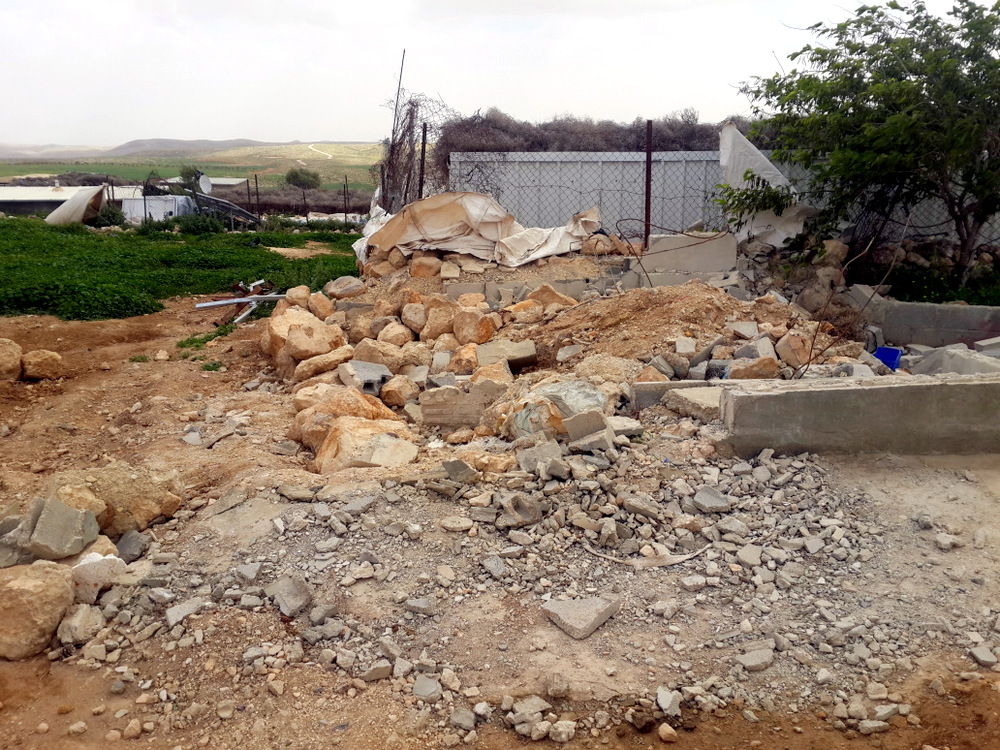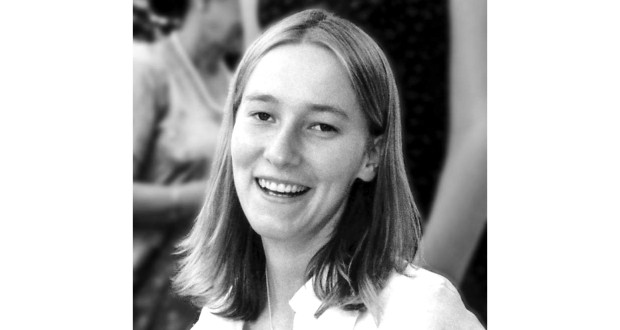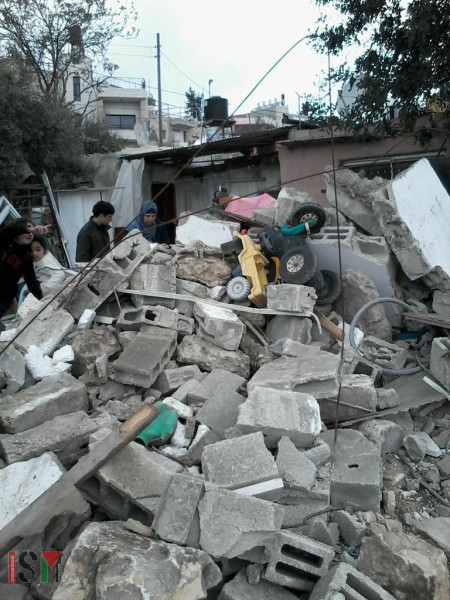Tag: Demolition
-

Demolitions in Khirbet Jenba, South Hebron Hills
23rd March 2016 | B’Tselem | South Hebron Hills, occupied Palestine This morning, the Israeli Civil Administration demolished a home, shed and an animal enclosure in Khirbet Jenbah, in the Masafer Yatta area of the southern Hebron Hills. The authorities also confiscated solar panels donated by an international aid agency. Photos from Today’s demolition. Credit:…
-

The 13th anniversary of Rachel Corrie’s death
15th March 2016 | International Solidarity Movement, al-Khalil team | Gaza, occupied Palestine Today marks the thirteenth anniversary since the passing of fellow ISM activist Rachel Corrie (April 10, 1979 – March 16, 2003). Rachel was tragically crushed to death under the front blade of an Israeli military, American funded, Caterpillar D9R bulldozer near Rafah, in the…
-

Jerusalem family threatened with demolition order
8th February 2016 | International Solidarity Movement, al-Quds team | Jerusalem, occupied Palestine Israeli authorities on 2nd February 2016 issued a demolition order for the fence and gate surrounding the Amro family’s home in Wadi al-Joz in occupied East Jerusalem. The family was given 48 hours to remove the fence and gate before an imminent…
